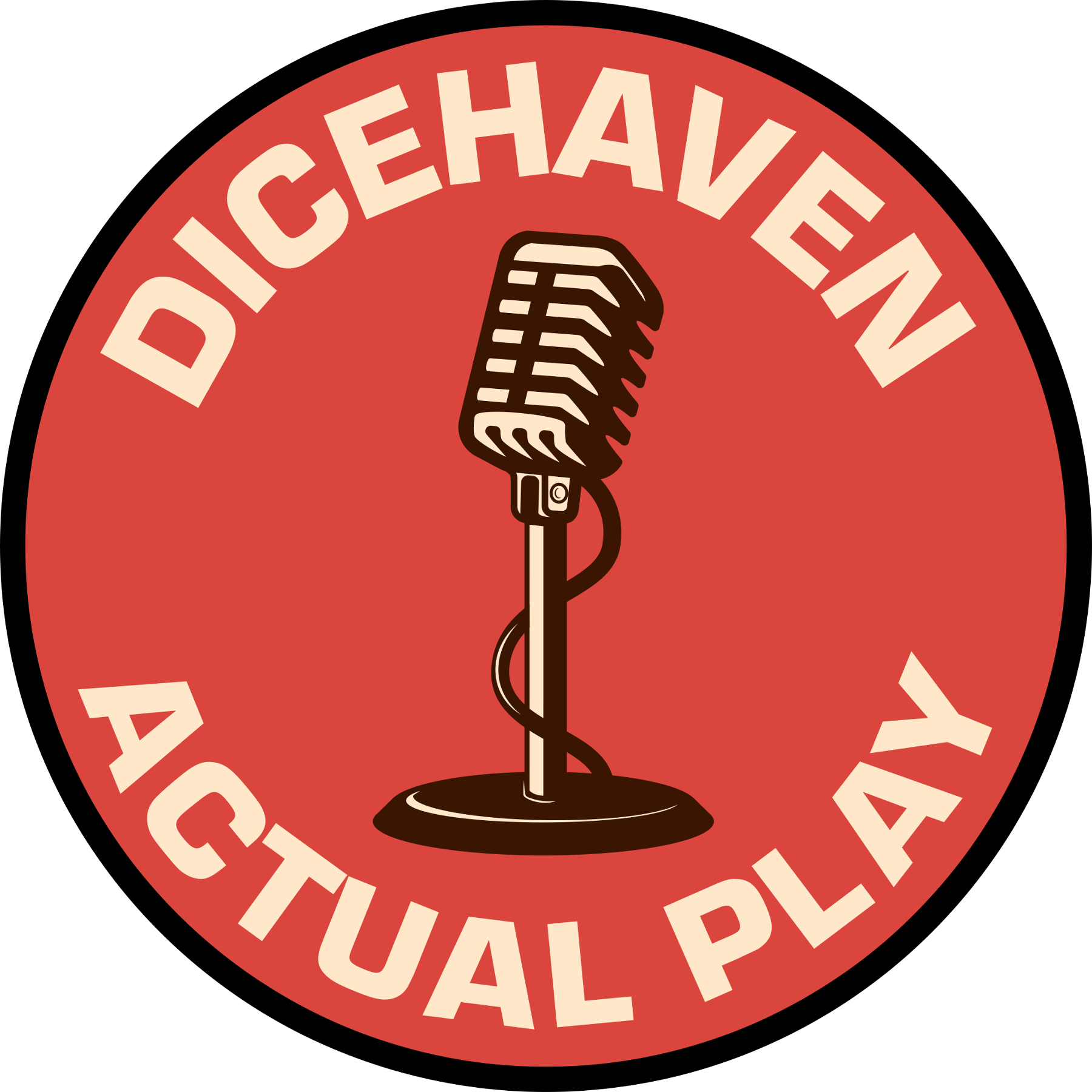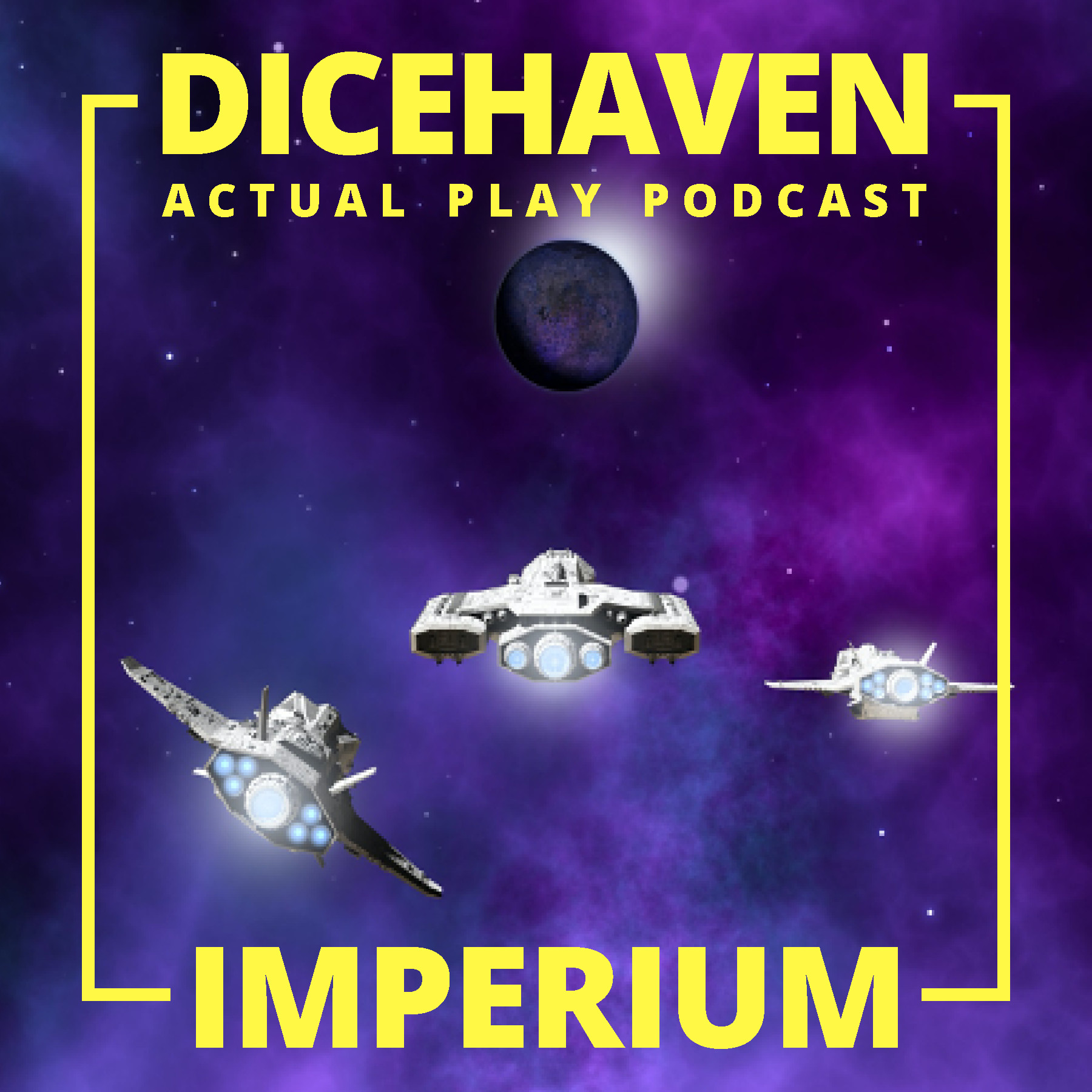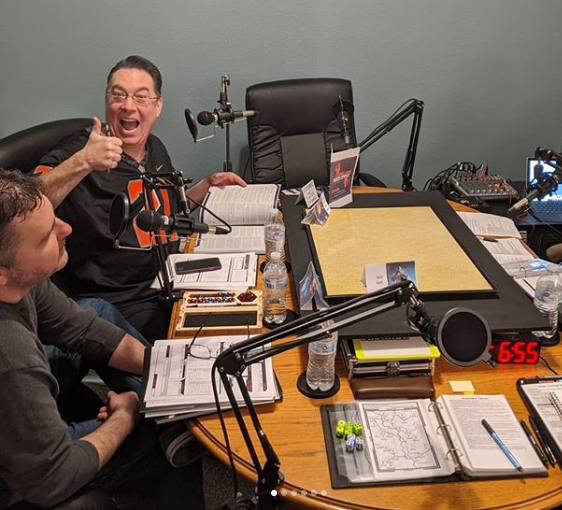One problem I’ve tried to tackle several times over the years is what to do when you aren’t able to play your normal ongoing tabletop RPG campaign game, but you still have players who want to play. We’ve tried a few things in the past that haven’t really worked out to be a consistent, well-received solution to this problem. I’ll review several options and show what we’ve decided is our group’s best solution to this problem.
Below we are defining an A-Campaign as our normal, main campaign games and main plotline. B-Campaigns are things we try to do when the A-Campaign doesn’t have a quorum to play.
Past Attempts at B-Campaigns and Back-up Games
- Board Games — Not everyone in our group likes board games, and especially the more crunchy games take some time to set up and learn. Also, I’m red-green color blind, and it turns out about half of the games I play are difficult to play since so many games rely on color which makes it not the best experience for me. So board games as the backup games may work for some groups, but they aren’t as popular in my group at least.
- One-Shot RPG Games — This has probably been our most successful way to handle times when the main game doesn’t make. Issues with one-shots include not having a universal interest in the new rules systems typically used in one-shot RPG games, and flagging interest in playing a game not related to the current campaign world.
- Cooperative Wargames — We’ve tried wargames in the past, and I think cooperative wargames would work really well with 2-3 players. Past wargames were often head-to-head and competitive, but in the future, we’d try GM-less or cooperative RPG lite-type games such as 5 Parsecs or 5 Leagues from the Borderland (Coop Minis / RPG games). These latter ‘adventure games’ are wargames with some lite RPG elements to drive backstory and you’d have characters that level up over time. I’d like to give this a try sometime, but this would be a new game with totally different rules, which makes it a challenge to pick up if you go months between playing it.
- Organized Play, West Marches Style Games — We’ve tried this in the past, using organized play games set in another RPG setting, often with a different ruleset. The issue is having only 24 hours’ notice and not a large enough player pool. One solution is to broaden the player pool and see if we can get a quorum even with just 24 hours notice. I really have liked the stories of Pathfinder Organized Play even though I don’t like Pathfinder rules and don’t prefer 20-page adventures. I think this would work best if you have a solid system and setting your players would like, and you play at least once a quarter (otherwise you lose momentum in the organized play characters).
Current Thinking: Same-Universe B-Campaigns
After talking with my Thursday game group about our best options, we’ve decided to try having Same-Universe B-Campaigns. Here’s how it would work.
- Why Have B-Campaigns? — Some games don’t make due to a pivotal character in the A-Campaign storyline not being there, the GM for the current storyline not being there, or since you don’t have the normal quorum of GM-plus-three players needed for the main storyline. Having one or more B-Campaign adventures ready allows us to keep gaming if there are players who want to play when the A-Campaign doesn’t occur.
- Backup Characters — As of this writing that would be FrontierSpace and 13th Age for my Thursday group. Everyone should create a backup character in both FrontierSpace and 13th Age at a comparable XP / levels to their normal character.
- Quorum — Quorum for an A-Campaign game (the main storyline) is still 3 players plus the GM, but quorum for B-Campaign games is 2 players plus a GM (if the GM is running a traditional adventure) and 1 player plus a GM (for one-one-one adventures).
- Game Structure — B-Campaign games are essentially side-quest adventures set in the A-Campaign universe, but at a different point in time or space, and potentially with different characters. Games could be one of several types.
- Flashback games could be an adventure your party had earlier this year; if a PC ‘dies’ they were instead ‘taken out’ and narratively we say how they survived.
- Villain games have players playing the bad guys; whatever diabolical plans the players-as-evil-NPCs put in motion come back to haunt the PCs in future games.
- One-on-one games are usually backstory games that explore an earlier point in the PC’s life (see Matt Colville’s video on this topic).
- Secondary characters games are where you play an entirely different set of characters adventuring at the same time as the A-Campaign but in a different part of the universe, potentially exploring a different angle of plotlines being explored in the main storyline.
- GM Adventure Prep — Our ask is that all GMs who would be willing to run a game in a current A-Campaign would be ready to run a Flashback, Villain, One-on-One, or Secondary Characters game as described above in either FrontierSpace or 13th Age.




Recent Comments